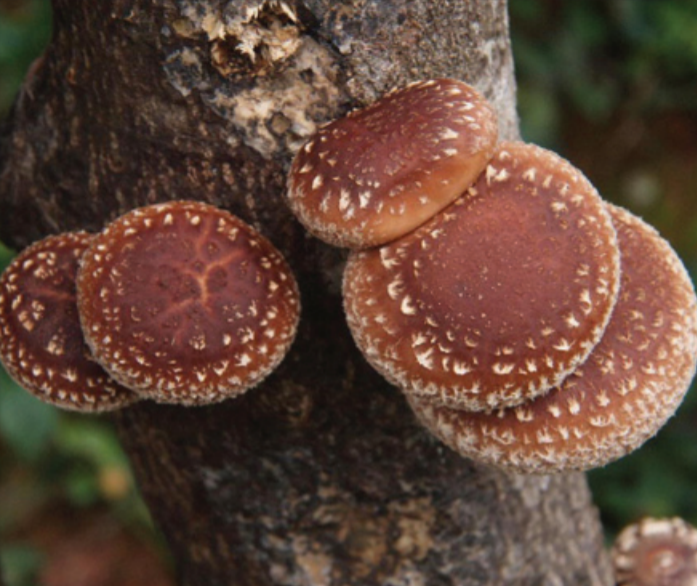Magic of mushrooms revealed
By ANGUS McNEICE in London | China Daily Global | Updated: 2019-08-08 09:49

New report highlights surprising new uses for fungi in many fields of study
For Sylvie Rapior, mushrooms belong to the most magical of the five kingdoms of biological life.
"Fungi is fascinating," said Rapior, a mycologist-or fungi expert-from the University of Montpellier in France.
"When I was introduced to the field 40 years ago, I knew nothing about fungi but I knew it was going to be my area of study. I was fascinated by them-especially poisonous mushrooms, and the fact that these deadly molecules could also be therapeutic for humans."
Rapior is a co-author on a new report titled The amazing potential of fungi: 50 ways we can exploit fungi industrially. The study, published this week in the journal Fungal Diversity, was coordinated by researchers Xu Jianchu and Kevin Hyde from the Kunming Institute of Botany at the Chinese Academy of Sciences.
The report, which includes work from more than 60 scientists from 10 nations, is a comprehensive review of the existing and potential uses of fungi across numerous fields including healthcare, farming, biotechnology, and environmental protection. And it also doubles as a call to arms. According to Rapior, fungi research is underfunded and still in its infancy.
Experts estimate there are as many as 3.8 million species of fungi, of which less than one tenth have been identified. Rapior says that, despite our existing dependence on many varieties of fungi for a number of functions, science has only just scratched the surface of their potential.
"There are so many ways to work with - or I like to say play with - fungi, which means it's a kingdom that is not so easy to understand," she said. "You need knowledge from biology, chemistry, pharmacy, taxonomy. There is so much we still don't know and so many uses we have not discovered but there is not enough research and not enough funding."
The report outlines the many ways humans already rely on fungi, beyond edible mushrooms and fermenting yeasts. The fungi kingdom has provided humans with many significant medicines such as the antibiotic penicillin and the cholesterol medication lovastatin, as well as biofertilizers and biopesticides used in farming.
And the cohort of researchers highlights several entirely new possibilities currently being explored on the frontiers of fungi study.
For example, mycologists have identified a number of types of fungi that can degrade plastic, which could soon lead to an environmentally friendly way to deal with plastic waste.
Plants are made up in part by large molecules-or polymers-including cellulose and starch. Some fungi live off plant matter, and digest these polymers using special enzymes. Plastic is also made of polymers, and researchers have discovered that the plant-eating enzymes in more than 100 types of fungi are capable of degrading certain plastic.
Sehroon Khan of the Kunming Institute of Botany says that collaborations between chemists, biologists, engineers and physicists could result in the development of facilities for plastic biodegradation utilizing fungi.
"Most of the fungal strains discovered were studied for their enzyme biodegradation abilities at the laboratory scale," said Khan. "No efforts have yet been made to develop large-scale or industrial-scale bioreactors for specific types of plastic degrading fungi. Therefore, this research is of great importance for industrial development, as well as for future research purposes."
The paper also outlines cutting edge work in medicine where researchers are developing new treatments for cancer, diabetes, cardiovascular disease and nerve damage, all using chemicals derived from fungi. There are also potential uses for fungi in the manufacture of commodities like cosmetics and textiles, and in the conversion of biomass to biofuel, according to the report.
"Fungi are an understudied, biotechnologically valuable group of organisms," write the authors of the paper. "And they remain an untapped resource with enormous industrial potential."
























